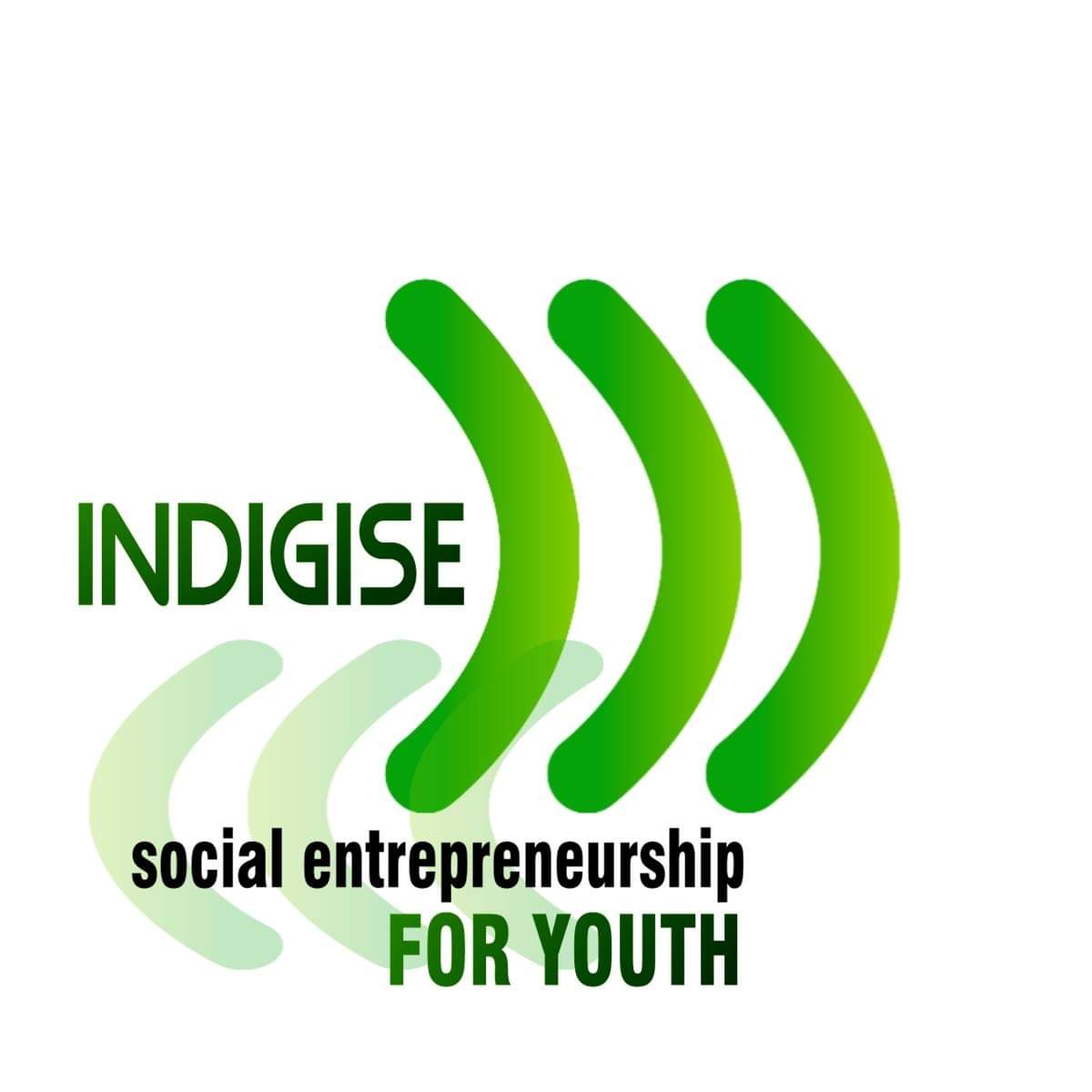Within the InDigiSE Erasmus+ project we aim to bring youth the best knowledge and expertise on how to establish and run a successful youth social enterprise. One of the popular trends nowadays is the use of crowdfunding tools in your social business. Thus we recommend reading the academic article by Tiziana Priede Bergamini1*, Cristina López-Cózar Navarro2 and Ivan Hilliard3
titled: ” Is Crowdfunding an Appropriate Financial Model for Social Entrepreneurship ? to learn more about this topic. You can see the introduction below and the full article here:
A social entrepreneur is someone who identifies a business opportunity based on solving a social problem (examples would include the integration of people at risk of exclusion, or initiatives aimed at reducing ecological damage) through the development of a business project. Not to be confused with charity or altruism (Kroeger & Weber, 2014), this consists of creating a business model, based on the implementation of an innovative and creative solution, and motivated by a desire to help others and implement positive social change. The social entrepreneur, therefore, aims to provide an effective and efficient responses in order to create financial, social and environmental wealth (Zahra & Wright, 2016), as a starting point for the creation and strengthening of a consolidated and more equitable social and economic order (Hilliard et al., 2014; Priede et al., 2014a, b).
Due to the growth of social enterprises around the world in many different sectors of the economy (Short et al., 2009; Santos, 2012; Zahra & Wright, 2016), research and article publication has grown substantially in recent years (Noruzi et al., 2010; Huybrechts & Nicholls, 2012; Santos, 2013). However, little has been written regarding the financing of this type of entrepreneurship (López-Cózar & Priede, 2015). Similarly, the topic of crowdfunding has received limited attention in academic literature (Belleflamme et al., 2013; Ahlers et al., 2015), and its use in financing social entrepreneurship even less (Lehner, 2013; Lehner & Nicholls, 2014; Calic & Mosakowski, 2016). Therefore, this paper helps to fill this gap in the literature by analyzing social entrepreneurs’ use of crowdfunding and its appropriateness to meet their funding needs.
This issue is clearly of some importance, as these social entrepreneurship ventures may vary in their business models, ownership structures and financing (Zahra & Wright, 2016), and access to funding is one of the main problems they have to face (Melián et al., 2011; Valcárcel, 2012; Calic & Mosakowski, 2016). In a study conducted in France, Ducci et al. (2002) confirmed the increase of social enterprises in that country, but identified several obstacles they face, among which figure prominently the difficulty of obtaining financing. In this context, the European Commission launched in 2011 the Social Business Initiative (COM 2011) with the aim of promoting the development of social enterprises, and focused on a number of key areas for action, among which are a series of measures to improve access to finance.
Additionally, this work is particularly timely as different countries are developing initiatives along the same line. One example of which is the Spanish Law on the Promotion of Corporate Finance (Ley 5/2015, de 27 de abril, de fomento de la financiación empresarial). This legislation includes mechanisms to improve business financing, and regulates for the first time in this country equity crowdfunding as an alternative financing system.
Therefore, the broad objective of this article is to analyze the perception social entrepreneurs have of crowdfunding, and its level of usage in social enterprises. In particular, the article will analyze the main reasons that drive or impede the use of crowdfunding, the availability and accessibility of relevant information, the suitability of crowdfunding to finance social projects, and how best to improve promotion of crowdfunding in order to encourage greater use in the future. For these objectives, the Delphi method is employed, a methodology that is recommended in these type of cases, as due to the lack of previous studies on the subject, it is considered appropriate to use qualitative techniques of this nature (Dubois & Gadde, 2002; Seguí-Mas & Server, 2010).
The article begins with a brief review of the concept and importance of social entrepreneurship, and an assessment of the different sources of funding available to social entrepreneurs. The appropriateness of crowdfunding as an alternative to corporate finance is also looked at. Following this, the survey and research methodology are described, and the main results of the study are presented. The principal conclusions are then presented and a series of recommendations offered for further research.


This publication has been prepared within INDIGISE project. The content of this publication is the sole responsibility of the project coordinator and may not always reflect the views of the European Commission or the National Agency.















Leave A Comment